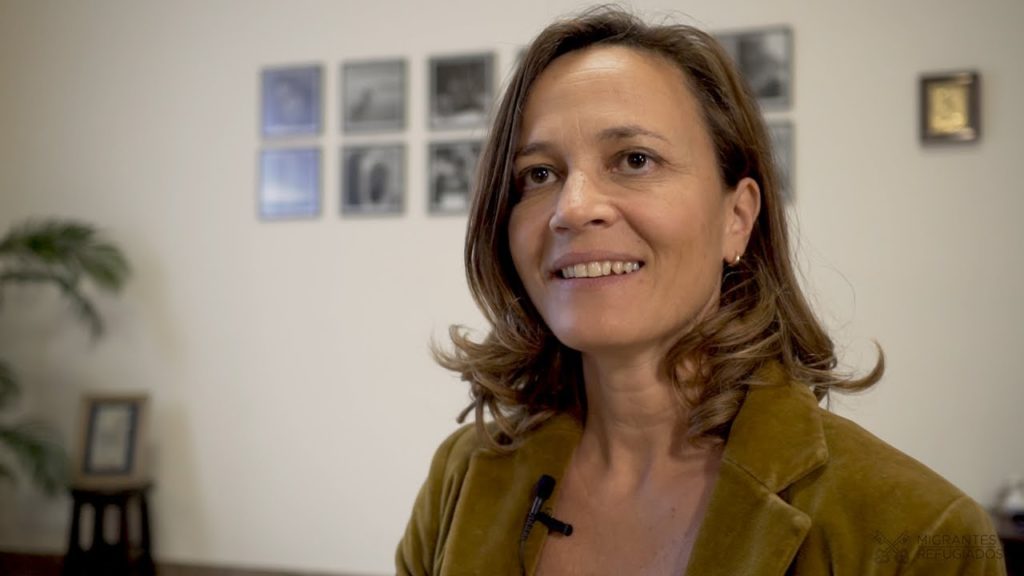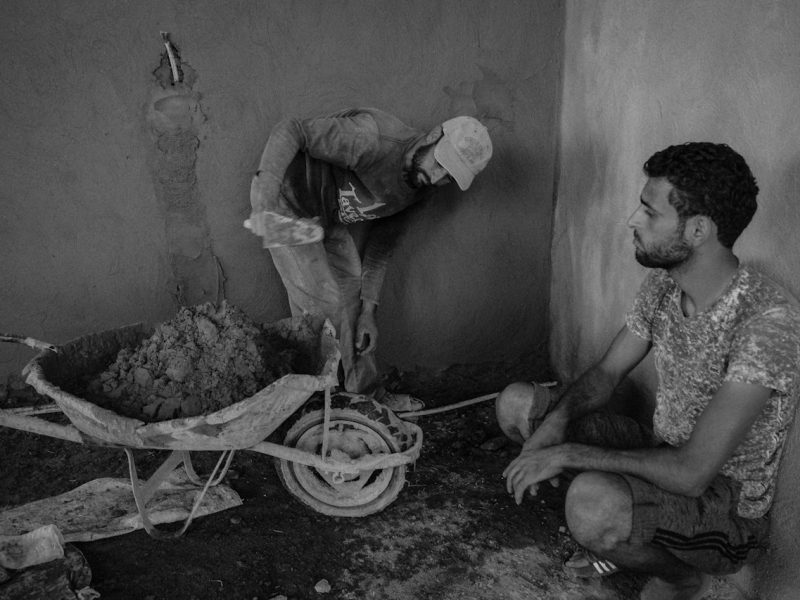
This year the M&R Section was invited to participate in an interfaith meeting and workshop series organised by the Taizé Community in Burgundy, France.
The ecumenical community of Taizé was founded in 1940 by Brother Roger. Today, the community is comprised of 100 brothers from more than 25 different countries. Through their life together, they try to be a sign of unity and peace. The brothers live and search together for the unity of Christians, and welcome youth every week of the year and during international meetings.
Last year, Fr Michael Czerny introduced the role of the Church, especially the local parish and diocese, in welcoming and accompanying asylum seekers and vulnerable migrants.

In July, I had the privilege to be part of this community’s interfaith meeting, and also to contribute to workshops and offering reflections on today’s refugee situation. The highlight of my experience in Taizé was to meet young refugees who are hosted by the community. Some of these young Sudanese, Afghans and Eritreans came from the camps in Calais, others came directly from Syria or Iraq.
At this particular meeting, around 300 young Christians and Muslims were able to discover more about each other. The gathering was a time for scholars, poets, NGO members, and religious to come together in interfaith dialogue. Everyone demonstrated a desire to listen to each other, grow in understanding, and work for joint justice initiatives. The young people who participated in the meeting were called to be witnesses of peace wherever they live, in their local communities, cities, and Churches.
During the meeting, Professor Sheikh Ousama Nabil, from Al-Azhar University and Director of the Observatory for Countering Extremism spoke about the risk of not pursuing a deeper relationship with God: “Faith is linked to the heart. We need to see the result of faith in our daily lives. Love is faith.” Bishop Aveline, President of the Council for Interfaith Dialogue for the French Bishops’ Conference, reflected on the fact that Jesus is a perfect example of how to encounter others.
Among the many other speakers, it was interesting to hear from the young people themselves. One young man who came from northern Iraq shared the reality for Christians there, and the risk of their lives at a daily basis. Another young man from Syrian, who has both a Muslim and Christian background, asked about the need to have a religion when one believes in God. “After eight years of war, God saved me from suffering,” he explained.
Brother Alois, prior of the community, shared that “It was a sign of hope to be able to live together in this experience of fraternity, while also being aware of our differences. In the world as it is, such opportunities for dialogue and friendship seem to me essential. Faced with the rise of fears and the violence that often seems to gain the upper hand, let us always make the choice of trusting in our relationships with others.”
Sr. Mariam An-Nour, Maronite sister of St. Joseph’s Carmel, and participant in Christian-Muslim dialogue in Lebanon said “the force of evil can also be in us. The border of evil goes through my own heart, and this reality opens up to solidarity with others. We are all wounded and called to do justice.”
Brother Alois called to widen our horizons: “All of us need a sense of belonging, to feel part of a family, a group, a country. At the same time, there is a need in us to be open to new horizons. Our identity is impoverished when we draw a circle that encloses us.”
We see in the Gospel how Jesus went beyond the cultural, social and religious barriers of his time to enter into relationships with very different people. Following his steps, when I think of the solidarity and culture of encounter that is lived out each in day in Taizé, I think of the 4 verbs that Pope Francis outlines as the best response to serve migrants and refugees: to welcome, protect, promote, and integrate. I believe that Taizé puts these verbs into action in a very effective and far-reaching way.
Amaya Valcarcel




